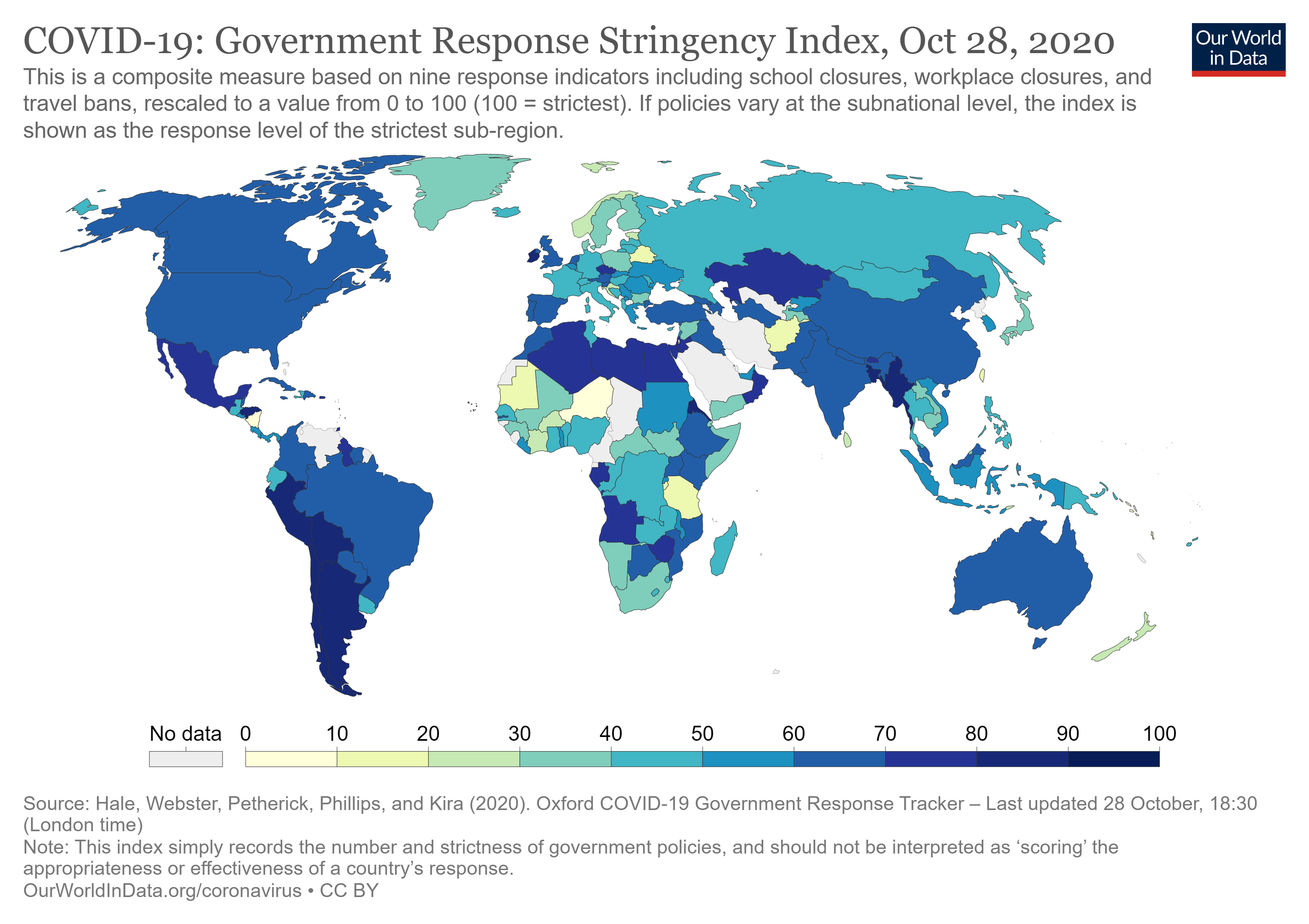Turkmenistan
Sweden’s Leadership of the OSCE
Jun 11, 2021In 2021, Sweden chairs the world’s largest regional security organization—the Organization for Security and Cooperation in Europe (OSCE)—which comprises 57 participating States stretching from North America, across Europe, and to […]
Swedish Foreign Minister Ann Linde to Appear at Hels...
Jun 03, 2021WASHINGTON—The Commission on Security and Cooperation in Europe, also known as the Helsinki Commission, today announced the following online hearing: SWEDEN’S LEADERSHIP OF THE OSCE Priorities for 2021 Friday, June […]

Helsinki Commission Commemorates 45 Years of Advanci...
Jun 03, 2021WASHINGTON—To commemorate the 45th anniversary of the Commission on Security and Cooperation in Europe, also known as the U.S. Helsinki Commission, on June 3, Chairman Sen. Ben Cardin (MD) and […]
Helsinki Commission Leaders Mark World Press Freedom...
May 03, 2021WASHINGTON—On World Press Freedom Day, Helsinki Commission Chairman Sen. Ben Cardin (MD) and commission leaders Sen. Roger Wicker (MS) and Rep. Joe Wilson (SC-02) issued the following statements: “Press freedom […]
Co-Chairman Wicker on Secretary of State’s New Desig...
Dec 10, 2020WASHINGTON—Following U.S. Secretary of State Mike Pompeo’s December 7 designations for Countries of Particular Concern (CPC) and the Special Watch List for the worst religious freedom violations, Helsinki Commission Co-Chairman […]

Coronavirus in the OSCE Region
Oct 30, 2020By Emma Derr, Max Kampelman Fellow A novel coronavirus was first identified in Wuhan, China in December 2019. Termed COVID-19, the disease spread rapidly around the globe. As of October […]

Albanian Prime Minister Edi Rama to Appear at Helsin...
Sep 09, 2020WASHINGTON—The Commission on Security and Cooperation in Europe, also known as the Helsinki Commission, today announced the following online hearing: ALBANIA’S CHAIRMANSHIP OF THE OSCE Responding to the Multiple Challenges […]
Human Rights and Democracy in a Time of Pandemic
May 12, 2020The outbreak of the novel coronavirus pandemic has prompted governments around the world to take extraordinary measures in the interest of public health and safety. As of early April, nearly […]

2019 Human Dimension Implementation Meeting
Sep 13, 2019From September 16 to September 27, OSCE participating States will meet in Warsaw, Poland, for the 2019 Human Dimension Implementation Meeting (HDIM), organized by the OSCE Office for Democratic Institutions […]
OSCE Representative on Freedom of the Media Harlem D...
Jul 17, 2019WASHINGTON—The Commission on Security and Cooperation in Europe, also known as the Helsinki Commission, today announced the following hearing: STATE OF MEDIA FREEDOM IN THE OSCE REGION Thursday, July 25, […]
The Helsinki Process: A Four Decade Overview
Jun 28, 2019In August 1975, the heads of state or government of 35 countries – the Soviet Union and all of Europe except Albania, plus the United States and Canada – held […]

